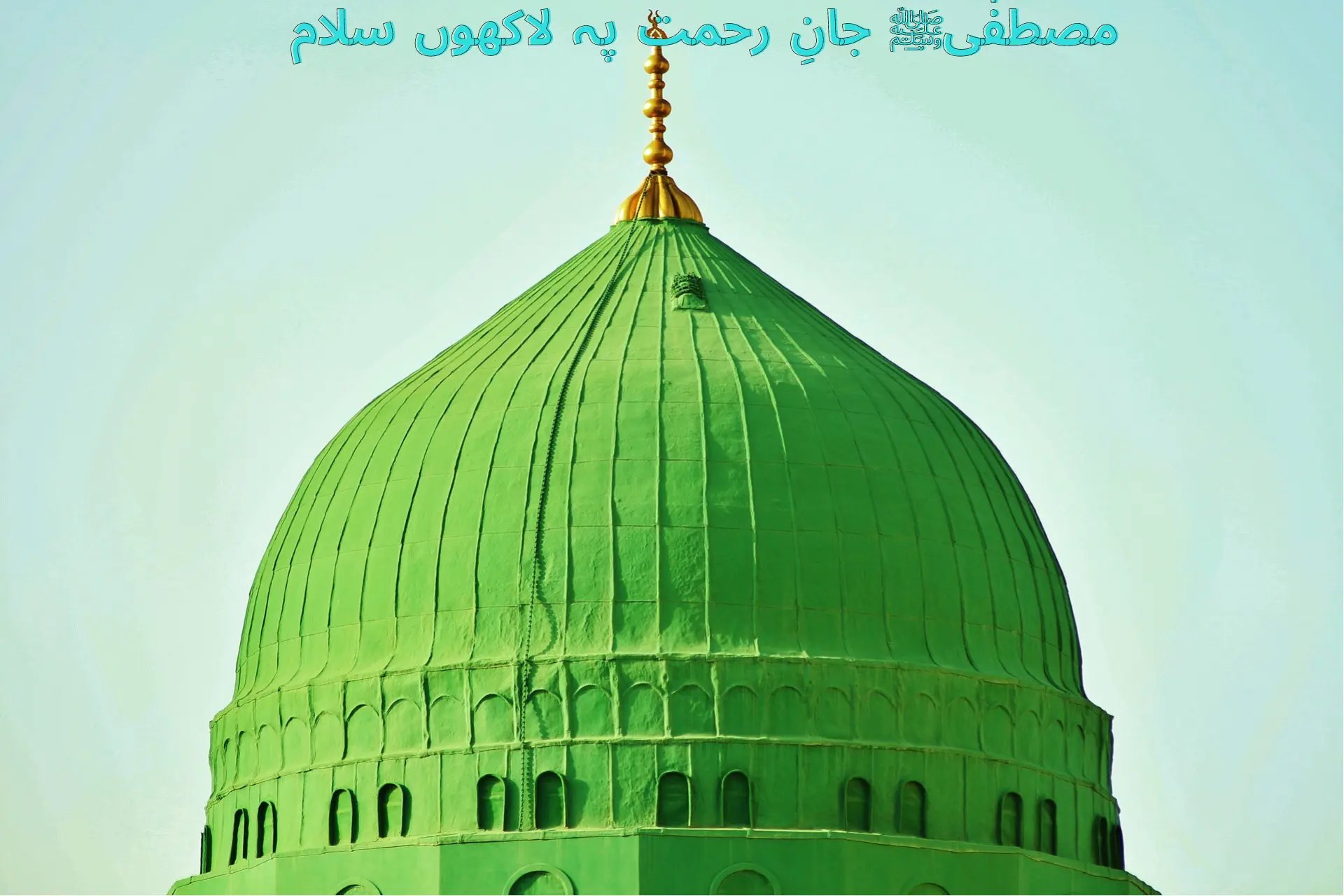
prophets names list
- Jaabuk عليه السلام e -->
- Jaamir عليه السلام
- Jaarih عليه السلام
- Jaawih عليه السلام
- Jaazaan عليه السلام
- Jurhas عليه السلام
- Jurits عليه السلام
- Kaashikh عليه السلام
- Kaayiwuasyim عليه السلام
- Kabiir عليه السلام
- Kablaan عليه السلام
- Kalamaan عليه السلام
- Kalwan عليه السلام
- Kan’aan عليه السلام
- Kaylun عليه السلام
- Kazkol عليه السلام
- Khoo’iil عليه السلام
- Khoofikh عليه السلام
- Laafats عليه السلام
- Lahuun عليه السلام
- Lakhin عليه السلام
- Lamii عليه السلام
- Lathif عليه السلام
- Lawhaan عليه السلام
- Lawii عليه السلام
- Lawqhun عليه السلام
- Looth عليه السلام
- Ludhoyr عليه السلام
- Luthoon عليه السلام
- Ma’na’il عليه السلام
- Mahiil عليه السلام
- Mahmuun عليه السلام
- Mahyaa’iyl عليه السلام
- Marhum عليه السلام
- Mibshol عليه السلام
- Midaas عليه السلام
- Midh’as عليه السلام
- Mihros عليه السلام
- Mikhlad عليه السلام
- Mirqoon عليه السلام
- Mishda’ عليه السلام
- Miynats عليه السلام
- Miyzad عليه السلام
- Moosa عليه السلام
- Mu’biin عليه السلام
- Mu’iilan عليه السلام
- Mublan عليه السلام
- Mudh’ataam عليه السلام
- Mudrik عليه السلام
- Muhammad صلى الله عليه وآله وسلم
prophets in islam
- Muhmam عليه السلام
- Muhmuthshir عليه السلام
- Munbidz عليه السلام
- Murdaaziman عليه السلام
- Murohhim عليه السلام
- Musalun عليه السلام
- Mutadhih عليه السلام
- Mutawatsilakh عليه السلام
- Muzaahiim عليه السلام
- Naashii عليه السلام
- Naawi عليه السلام
- Naayim عليه السلام
- Namakh عليه السلام
- Nooh عليه السلام
- Nu’man عليه السلام
- Nuzhoyr عليه السلام
- Qidhon عليه السلام
- Qiynaaq عليه السلام
- Qoonukh عليه السلام
- Qoosim عليه السلام
- Qoozim عليه السلام
- Qubayl عليه السلام
- Raadan عليه السلام
- Raamiil عليه السلام
- Raasil عليه السلام
- Raawan عليه السلام
- Rabakh عليه السلام
- Rabuun عليه السلام
- Rahbul عليه السلام
- Rahiilan عليه السلام
- Rahiin عليه السلام
- Rasugh عليه السلام
- Ratsaad عليه السلام
- Rawbal عليه السلام
- Rihaan عليه السلام
- Rishosh عليه السلام
- Ruknu عليه السلام
- Rusy’in عليه السلام
- Sa’ad عليه السلام
- Saabath عليه السلام
- Saabi’an عليه السلام
- Saadim عليه السلام
- Saahin عليه السلام
- Saakhim عليه السلام
- Saalum عليه السلام
- Saanim عليه السلام
- Saanukh عليه السلام
- Saarom عليه السلام
- SaaSaan عليه السلام
- Sahnaq عليه السلام
names of prophets
- Shibah عليه السلام
- Shihats عليه السلام
- Shobiyh عليه السلام
- Shodif عليه السلام
- Shofwaan عليه السلام
- Shohban عليه السلام
- Shohib عليه السلام
- Shohiyb عليه السلام
- Shokhim عليه السلام
- Sholeh عليه السلام
- Shonid عليه السلام
- Shoo’id عليه السلام
- Shoobih عليه السلام
- Shoohid عليه السلام
- Shoqhoon عليه السلام
- Sifaan عليه السلام
- Solih عليه السلام
- Sulaiman عليه السلام
- Syadzun عليه السلام
- Syam’un عليه السلام
- Syam’un عليه السلام
- Syamaas عليه السلام
- Syarhabil عليه السلام
- Syarib عليه السلام
- Syarwahil عليه السلام
- Syu’tsan عليه السلام
- Syumyawun عليه السلام
- Thomil عليه السلام
- Thoobikh عليه السلام
- Tsabits عليه السلام
- Tsama’il عليه السلام
- Tsamithon عليه السلام
- Tsari’ عليه السلام
- Tsima’ عليه السلام
- Tsits عليه السلام
- Tsu’ayb عليه السلام
- Ushfun عليه السلام
- Uzair عليه السلام
- Yanuuh عليه السلام
- Waasim عليه السلام
- Walum عليه السلام
- Wariisa عليه السلام
- Wijaan عليه السلام
- Ya’qub عليه السلام
- Ya’wa عليه السلام
- Yaazil عليه السلام
- Yahya عليه السلام
- Yaliyq عليه السلام
- Yaniidz عليه السلام
- Yanuuh عليه السلام
Popular prophets names
- Yasma’ عليه السلام
- Yathbu’ عليه السلام
- Yunus عليه السلام
- Yunus عليه السلام
- Yusuf عليه السلام
- Yusya’ عليه السلام
- Zaamiil عليه السلام
- Zahirom عليه السلام
- Zahron عليه السلام
- Zakariya عليه السلام
- Zakhun عليه السلام
- Zanjiil عليه السلام
- Zayin عليه السلام
- Muhammad صلى الله عليه وآله وسلم
Use the word ‘Gulam’ before our prophet’s name
Gulam Muhammad
Gulam Ahmad
Gulam Nabi
Gulam Rasul
Gulam Mustafa
Prophet Names for Baby Boy
Idris, Nooh, Hood, Murdaaziman, Sholeh, Arfakhtsyad, Shofwaan, Handholah, Ishoon, Ibrahim, Isma’il, Ishaq, Ya’qub, Yusuf, Moosa, Haroon, Yusya’, Yunus, Ilyas, Sulaiman, Daud, Ilyasa’, Ayub, Dzulkifli, Uzair
Who are the prophets in Islam?
Prophets in Islam are individuals chosen by Allah (God) to convey His message to humanity.
How many prophets are mentioned in Islam?
While the exact number is not specified in the Quran, it is believed that Allah sent around 124,000 or 224000 prophets throughout history. However, the names of only a few dozen prophets are mentioned in Islamic texts.
Who is considered the final prophet in Islam?
Muhammad is considered the final prophet in Islam. Muslims regard Muhammad as the seal of the prophets, indicating that his message is the last and most comprehensive.
Are all prophets considered equal in Islam?
While all prophets are revered in Islam and hold a special status, some prophets are given higher ranks than others. For example, the major prophets, known as “Ulul Azm” prophets, such as Noah, Abraham, Moses, Jesus, and Muhammad, are considered to have played crucial roles in shaping religious history.
How were the prophets chosen in Islam?
Allah chose prophets based on His divine wisdom and knowledge. They were selected for their righteousness, purity, wisdom, and ability to effectively deliver Allah’s message to their communities.
Do Muslims believe in the miracles of the prophets?
Yes, Muslims believe that prophets were granted miracles as signs of authenticity and to support their message. These miracles, such as parting the sea by Moses or healing the sick by Jesus, were given to them by Allah as demonstrations of His power and to strengthen the people’s faith.
Are the stories of the prophets mentioned in the Quran?
Yes, the Quran contains stories and accounts of various prophets and their struggles. These narratives serve as examples of faith, righteousness, patience, and perseverance for Muslims.
Can Muslims choose to follow the teachings of any specific prophet?
While Muslims are required to believe in all the prophets and their messages, they primarily follow the teachings of Prophet Muhammad.
Do prophets have any special authority in Islam?
Prophets hold a revered and respected position in Islam due to their role as messengers of Allah. Muslims believe in the oneness of Allah and consider prophets as human beings chosen by Him.
Is the number of prophets in Islam fixed?
The number of prophets is not fixed, as it is believed that Allah sent prophets to various nations and communities throughout history. The Quran mentions some prophets by name but does not provide an exhaustive list.
What do you mean by “fables of the prophets”?
“Fables of the prophets” refers to the stories, narratives, or accounts that describe the lives, struggles, and teachings of the prophets in various religious traditions.
Are there specific books or sources that contain the names of the prophets in Islam?
The Quran, the central religious text of Islam, mentions the names of some prophets. Additionally, Islamic literature and traditions provide further details about the prophets and their stories.
Are the names of the prophets the same in different religious traditions?
While some names remain the same across different religious traditions, there are variations in the names and spellings of prophets due to language and cultural differences.
What are the lessons we can learn from the fables of the prophets?
The fables of the prophets convey moral, spiritual, and ethical lessons. They often highlight themes such as faith, resilience, patience, obedience to Allah, and the consequences of disobedience
Are the fables of the prophets meant to be taken literally?
The interpretation of the fables of the prophets can vary. Some believers consider them to be literal accounts, while others view them as symbolic narratives containing deeper spiritual and moral meanings.
Do different religious traditions have different lists of prophets?
Yes, different religious traditions may have varying lists of prophets based on their respective scriptures and beliefs.
Is it important to study the fables of the prophets?
Studying the fables of the prophets can provide valuable insights into the moral teachings and wisdom embedded in religious traditions. They offer guidance for personal growth, faith, and ethical conduct.
Can you provide me with 124000 prophets’ names?
No, It is impossible for me.

Comments are closed.